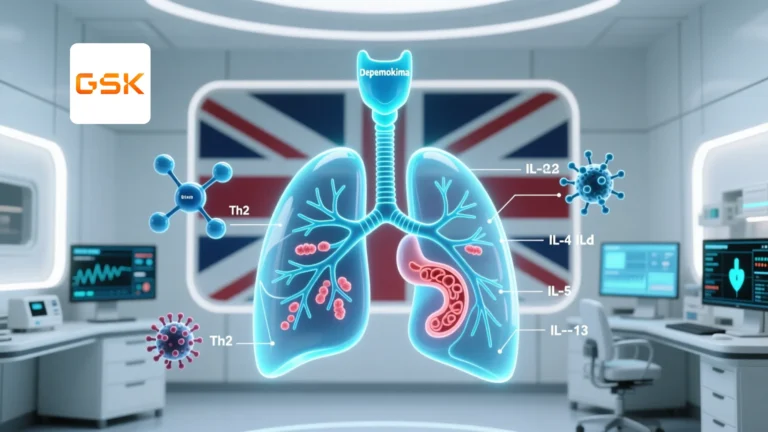
Cancer treatments are evolving, with increasing focus on using the body’s immune defenses to combat the disease. Reetta Virtakoivu, Senior Scientist at Orion, explains how immunotherapy works and why it holds promise for more cancer patients in the future.
What is Immunotherapy?
Immunotherapy, or immunological cancer treatment, is a method that activates the body’s own immune system to fight cancer. Unlike traditional treatments, which attack cancer cells directly, immunotherapy boosts the activity of immune cells to identify and destroy malignant tumors.
How It Works:
- Normally, immune cells recognize harmful cancer cells and attempt to destroy them.
- However, cancer cells often disguise themselves, evading detection and binding to immune cells to suppress their activity.
- Immunotherapy either enhances immune cell activity or prevents cancer cells from binding to immune cells, enabling the body to target and eliminate the tumor.
Advantages Over Traditional Treatments
- Better Outcomes: Immunotherapy has shown success in treating cancers resistant to traditional treatments, such as metastatic melanoma, where some patients experience long-lasting responses or complete remission.
- Fewer Side Effects: Unlike cytostatic treatments, which harm both cancerous and healthy cells, immunotherapy generally causes fewer adverse effects.
Current Challenges
While revolutionary, immunotherapy is not a one-size-fits-all solution:
- Limited Efficacy: It benefits only 10–20% of patients.
- Expense: Treatments are costly and can still cause side effects, such as rashes or gastrointestinal issues, due to heightened immune activity.
- Complexity: Determining which patients will respond to immunotherapy remains a challenge.
Suitable Cancers and Future Prospects
Immunotherapy is most effective for cancers like metastatic melanoma, lung, bladder, kidney, and head and neck cancers. It is increasingly being used alongside other treatments like chemotherapy and radiotherapy.
What’s Next?
Ongoing research aims to:
- Discover new target proteins for cancer drugs.
- Develop combination therapies to improve treatment responses.
- Identify biomarkers to predict which patients will benefit from immunotherapy.
Reetta Virtakoivu believes the future is bright: “With continued innovation, more cancer patients will benefit from immunological treatments, potentially turning even advanced cancers into manageable conditions.




